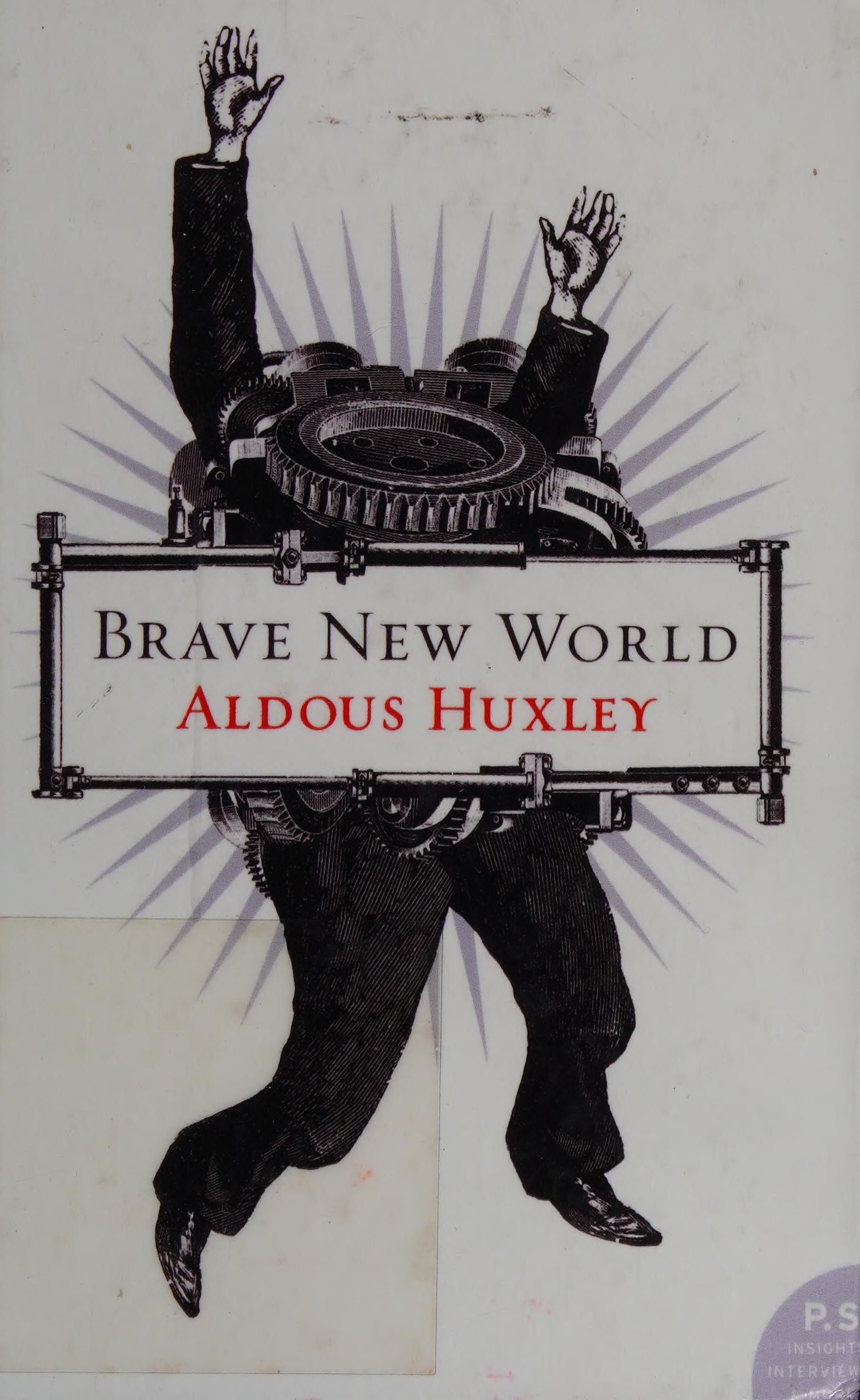Beabook30 reviewed Un mundo feliz by Aldous Huxley (Ave fénix -- 185)
Un negro futuro pintado de colores chillones
5 stars
Leí este texto cuando era adolescente, fue un antes y un después. El primer libro adulto que elegí y compré (los de antes eran prestados). Me dejó asombrada, leí unas 6 obras del mismo autor en poco tiempo (novelas y ensayos). En mi cabeza quedó únicamente el recuerdo de que me hizo saltar el cerebro por los aires.
Sorprende por su tema, la crítica social, al capitalismo, el llamativo desarrollo de la sexualidad de los personajes... teniendo en cuenta la época en la que se publicó (1932).
Es una historia fría, filosófica, científica, política, analítica... pero eso es natural teniendo en cuenta el mundo sin sentimientos que desarrolla. Por eso, no es una novela que analice o puntue por su escritura. Aquí lo fundamental es el desasosiego que provoca, las reflexiones, la sensación de catástrofe inminente.
Un mundo futuro donde los bebés no nacen, se hacen, donde …
Leí este texto cuando era adolescente, fue un antes y un después. El primer libro adulto que elegí y compré (los de antes eran prestados). Me dejó asombrada, leí unas 6 obras del mismo autor en poco tiempo (novelas y ensayos). En mi cabeza quedó únicamente el recuerdo de que me hizo saltar el cerebro por los aires.
Sorprende por su tema, la crítica social, al capitalismo, el llamativo desarrollo de la sexualidad de los personajes... teniendo en cuenta la época en la que se publicó (1932).
Es una historia fría, filosófica, científica, política, analítica... pero eso es natural teniendo en cuenta el mundo sin sentimientos que desarrolla. Por eso, no es una novela que analice o puntue por su escritura. Aquí lo fundamental es el desasosiego que provoca, las reflexiones, la sensación de catástrofe inminente.
Un mundo futuro donde los bebés no nacen, se hacen, donde las mujeres no se embarazan, donde no se conocen las relaciones de amor en pareja, no existe la familia, donde la tecnología se apoderó de todos los ámbitos de la vida, el control sobre la mente de los individuos es absoluto desde que son bebés... Pero lo peor es la incapacidad de pensar, la falta de personalidad propia pues los individuos creados como el producto de una fábrica no existen, solo cuentan como grupo sin identidad. Frío, tristeza, profunda reflexión... acabas con una sensación incómoda y terrible. Esta fue la primera distopía que leí, resultó espeluznante conocer esa dictadura. Lo sigue siendo ahora. Como adulta tal vez me haya fijado más en las enfermedades mentales latentes en este relato, en la soledad del que no logra integrarse porque se sabe diferente, en la falta de pensamiento propio de los personajes o en el capitalismo que nos devora. De adolescente imagino que me fijé más en tecnología e inicio de la vida sexual (si lo leéis sabréis a qué me refiero). Me sigue pareciendo una novela muy interesante, ha sido un placer "muy sufrido" ya que resulta incómoda. Vale la pena leerla, es una experiencia intensa. Recomiendo complementar su lectura con la escucha del podcast "Un libro, una hora" disponible en Ivoox. Y pienso leer más adelante (también lo hice cuando era adolescente) "Nueva visita a Un mundo feliz", ensayo del mismo Huxley.








